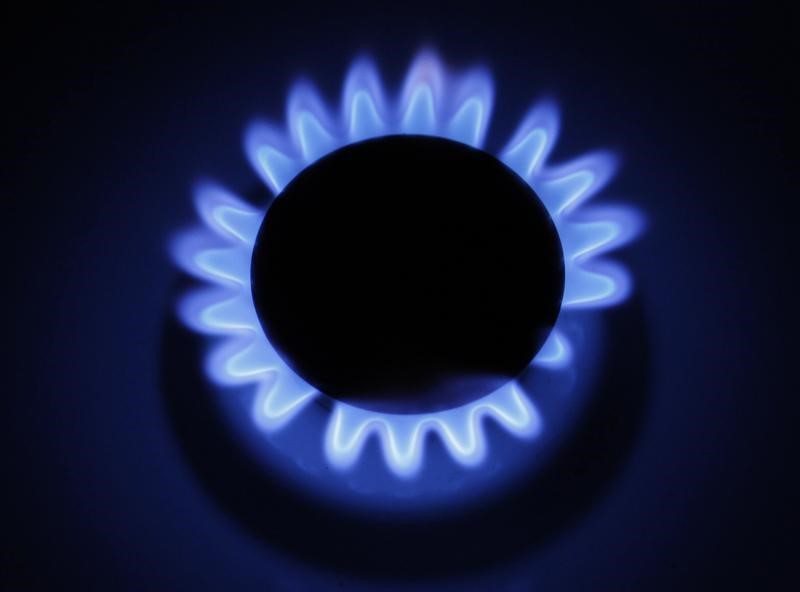By Richard Cowan and Moira Warburton
WASHINGTON (Reuters) -A Republican effort to block future regulation of gas-fueled stoves stalled in the U.S. House of Representatives on Tuesday when a group of about a dozen conservatives stopped their leaders’ move to bring up two bills for debate and passage.
House Speaker Kevin McCarthy and his leadership team then maneuvered to try to revive the legislation in a vote that could occur later on Tuesday.
Far-right conservative Ralph Norman, asked by reporters whether he and other fellow-Republicans made the move in retaliation for McCarthy’s deal with Democratic President Joe Biden on raising the nation’s U.S. borrowing authority, said, “It’s about a lot of things.”
Further explaining, Norman added: “What we insisted in January. Truthfulness, sincere cuts and putting economic security to the forefront.”
He appeared to be referring to January’s election of McCarthy as speaker, which McCarthy secured only after 14 failed votes followed by his finally winning the speakership on the 15th vote. McCarthy achieved that by giving in to demands from far-right members of his party.
Scores of House Republicans voted against the debt limit bill, which became law this month. They wanted far deeper spending cuts than the law intends to achieve.
The House had been scheduled on Tuesday and Wednesday to vote on two bills preventing regulators from banning the stoves in the future or setting new energy conservation and health standards for new models.
In a procedural vote establishing the rules for debating and passing those two bills, the House voted 220-206 against those rules.
It was unclear whether McCarthy will be able to win over the Republicans needed to come back in line in Republicans’ narrowly controlled House.
As Republicans debate, the Consumer Product Safety Commission has begun collecting information on health hazards of gas stove emissions. CPSC Commissioner Richard Trumka suggested in January a ban was possible, but the agency clarified that any regulatory changes, if ever pursued, would involve a “lengthy process.”
Some state and local governments have begun prohibiting gas-fueled furnaces, water heaters and stoves in some new buildings as a way of reducing fossil-fuel emissions contributing to climate change.
The Republican bills, if passed by the House, could face resistance in the Democratic-controlled Senate.
Read the full article here
